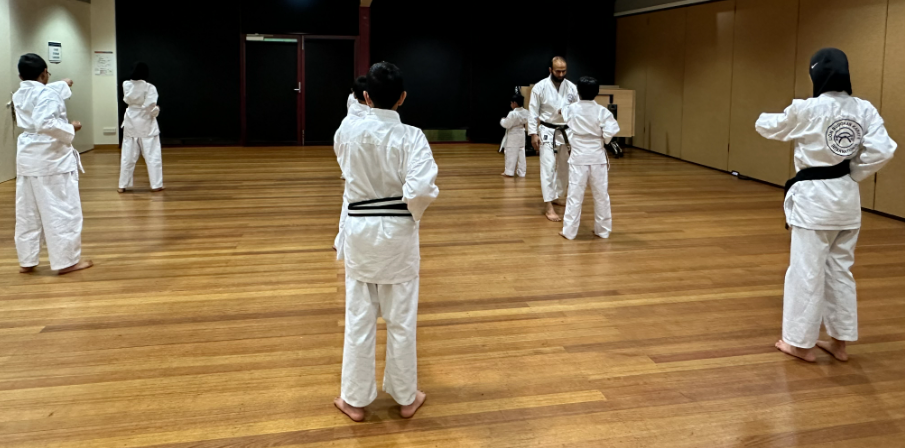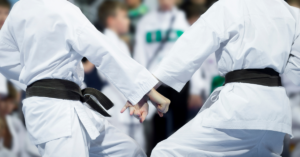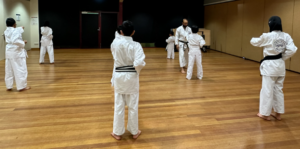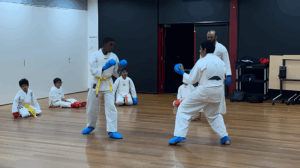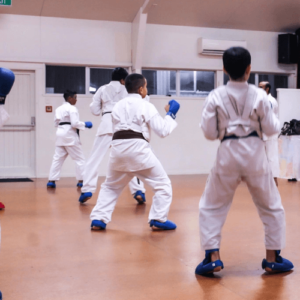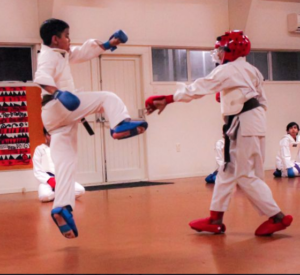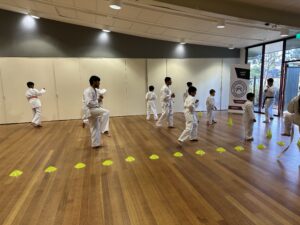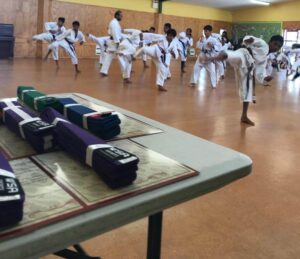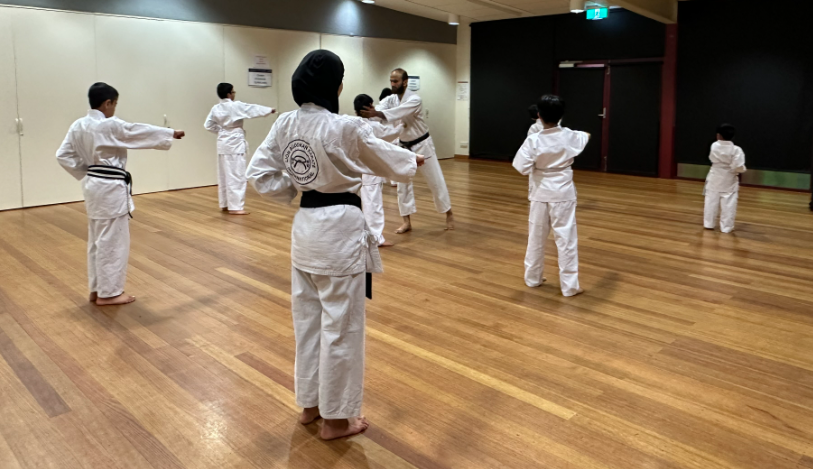

A large number of Australian people select martial arts for anger management and stress, since it presents an effective solution. Martial arts training delivers dual benefits by strengthening physical power and teaching students emotional stability and mental peace.
This blog explores the mechanisms behind martial arts training for anger management and its ability to instil self-discipline through martial arts, as well as enhance emotional wellness.
Why Anger Management Matters
Unregulated anger causes interpersonal fights, together with stress-induced health problems, and results in unwise choices. Anger management methods from the past primarily focus on teaching breathing exercises, along with mindfulness practices and counselling services. The combination of martial arts training with traditional anger management methods creates a physical approach that strengthens both mental and physical aspects of the individual.
People throughout Australia discover martial arts as a structured path to transform negative emotions into constructive energy. The martial arts disciplines of karate, taekwondo, and kickboxing in Melbourne instruct their students to manage their feelings while maintaining composure during stressful situations.
Martial Arts as a Tool for Emotional Control
The essence of learning martial arts for fitness and self-defence emphasises self-mastery rather than hostile behaviour. When students enter a dojo or training facility, they acquire respect alongside patience and focus as their core lessons. These fundamental principles extend seamlessly into everyday existence.
Here’s the physical practice of martial arts provides students with an outlet to release their built-up
Physical energy
The natural accumulation of anger exists as physical tension within the body. Martial arts training enables students to convert their energy into movements and strikes through drills, while establishing secure methods for releasing energy.
Mind-Body Connection
The teaching methods in martial arts instruction enable students to develop mindfulness by integrating breathing techniques with mental concentration exercises. Students practice stress reduction through martial arts, which helps them recognise emotional triggers before they develop into complete reactions.
Structured Discipline
Regular martial arts practice enables students to develop both patience and enhance their endurance capabilities. Martial artists learn to pause before acting, which allows them to assess situations and provide calm, thoughtful responses.
Respect and Responsibility
Martial arts education requires its students to maintain respect for their teachers, classmates, and themselves. The behavioural characteristics formed throughout training enable individuals to manage their emotional responses efficiently after exiting the training area.
How do martial arts help with self-control?
The essential foundation of martial arts relies on self-discipline as its fundamental principle. Martial training follows a structured protocol which begins with warm-up exercises, followed by drill practice and combat training and concludes with assessment time. The planned routine teaches students to value the importance of repeated practice along with their sense of responsibility.
Children who practice martial arts learn to convert physical exercise into a practical approach for managing frustration, along with improved concentration skills. Adults who learn discipline through martial arts develop the ability to cope with occupational stress and family tensions. Through continued practice, students discover that anger management involves channelling emotions towards productive actions instead of simply trying to hide them.
Martial Arts Training for Anger Management in Melbourne
The people of Melbourne and the rest of Australia have convenient access to martial arts training through professional academies and schools. Martial arts programs offer systematic classes that enable people of all ages to develop self-confidence and emotional strength.
LBKI Karate offers customised martial arts training for every age group, including self-discipline through martial arts for children, teenagers, and adults. Their self-defence training approach extends past the basics because they train students to grow personally as well as develop emotional control.
Benefits of Martial Arts for Anger Management
When practised consistently, martial arts can help with:
- Stress Reduction: Regular training practice serves as a stress-reduction method through its integration of physical activity and mindful movement exercises.
- Improved Emotional Balance: Martial arts education helps students develop stable emotions by teaching them how to remain calm in challenging situations.
- Better Focus and Concentration: Martial arts training promotes mental clarity, thereby enhancing focus and concentration abilities.
- Increased Confidence: Learning new skills produces greater self-assurance, which reduces both frustration and feelings.
- Positive Social Interaction: Participants who train together develop a supportive community, replacing feelings of solitude with mutual respect and social interaction.
Martial Arts for Children and Teens
The ability of children and teenagers to manage their emotions, particularly anger and frustration, poses a common challenge. Martial arts offers a secure space that teaches young people respect, together with patience and self-control. Martial arts provide an excellent option for parents seeking activities for their children in Melbourne. Martial arts offer physical fitness alongside emotional education, enabling children to gain confidence in facing challenges.
Final Thoughts
The practice of martial arts enables people to control their anger in practical ways. The answer is yes. Martial arts training for self-defence classes in Melbourne, conducted under structured conditions, alongside discipline and emotional awareness, teaches students effective methods to manage anger. The practice of martial arts focuses on developing self-control, along with respect and balance, rather than fighting techniques.
The martial arts experience offers emotional and mental health benefits that surpass its physical advantages. Through martial arts training, people learn to develop self-assurance while reducing stress levels and mastering emotional control in challenging situations. The process of martial arts training enables students to achieve emotional balance by releasing controlled anger in their everyday lives.
The physical aspect of martial arts initiates training, but the main benefits develop in mental growth, which enables people to become more patient, have better control, and experience inner peace.

